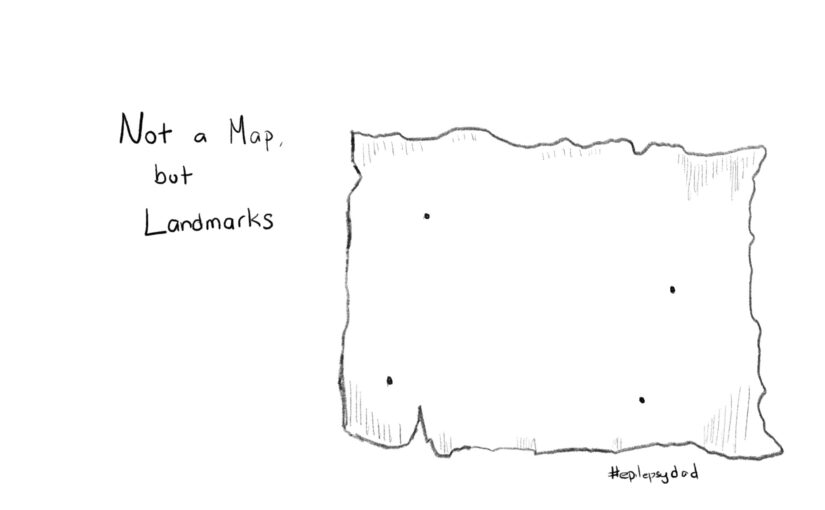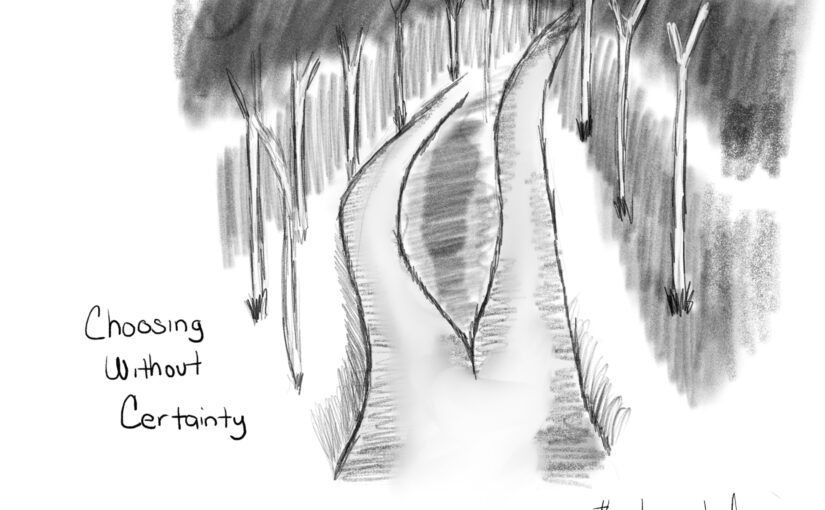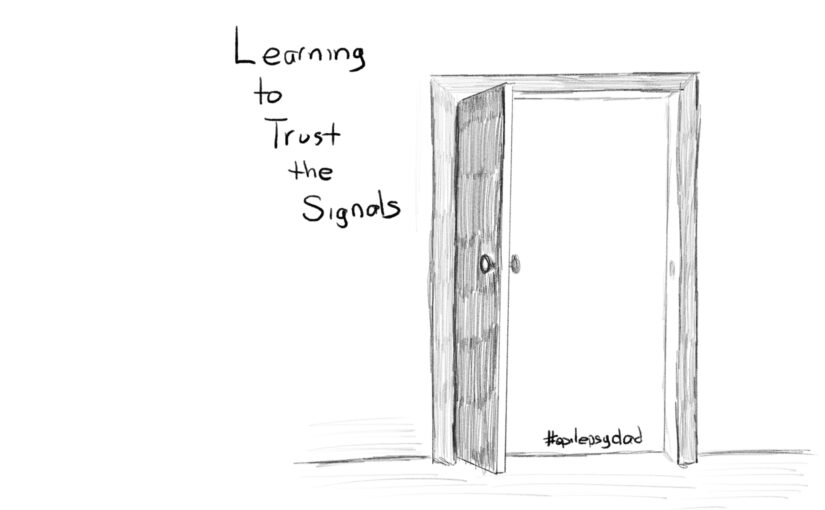I’ve spent a lot of time lately telling myself that I don’t have a map.
That’s been true, and in some ways, it’s been comforting. A map suggests routes and timelines and destinations. It suggests confidence. It suggests that someone knows how this is supposed to go.
I don’t.
But as the weeks pass, I’m realizing that even without a map, landmarks are coming into view.
There are dates on the calendar now. Not dramatic ones, and not ones I want to narrate in detail, but meaningful ones. Moments where things that have been suspended will start to settle. Where uncertainty will narrow, even if it doesn’t disappear.
I still don’t know how all of this will look when it’s finished. I don’t know the exact shape of my days or where everything will land. There are decisions I haven’t made yet, and some I won’t be able to make alone.
But there are things I do know.
I know I want custody. I know I want stability for my kids. I know that taking care of my family comes first, even when it’s hard and even when it’s expensive. I know that the debt and the mess left behind don’t get ignored just because they’re uncomfortable. They get faced, one step at a time.
I know that whatever comes next has to fit the reality I’m in now, not the life I imagined a few years ago. I’m not trying to rebuild an old version of things. I’m trying to build something that can actually hold.
Those aren’t plans. They’re not strategies. They don’t tell me how any of this will work.
They’re landmarks.
They’re fixed points I can orient toward when everything else feels vague. They tell me which direction matters, even if I don’t yet know the route. They help me decide what gets my energy and what doesn’t, what I’m willing to compromise on and what I’m not.
For a long time, I thought maps came first, and movement followed. Now I’m learning that sometimes it works the other way around. Sometimes you move carefully, paying attention, until enough of the landscape reveals itself enough to sketch something resembling a path.
I’m not there yet.
But I don’t feel lost in the same way I used to. I can see what I’m walking toward, even if I can’t see how to get there. That has been enough to keep me moving through the uncertainty without rushing past it.
Maybe the first map isn’t routes or timelines or answers.
Maybe it’s priorities.
For now, these landmarks are enough. They give me a way to stand inside what’s coming without pretending I’m ready for all of it. They remind me that not knowing the details doesn’t mean I’m directionless.
It just means I’m still on the way.


